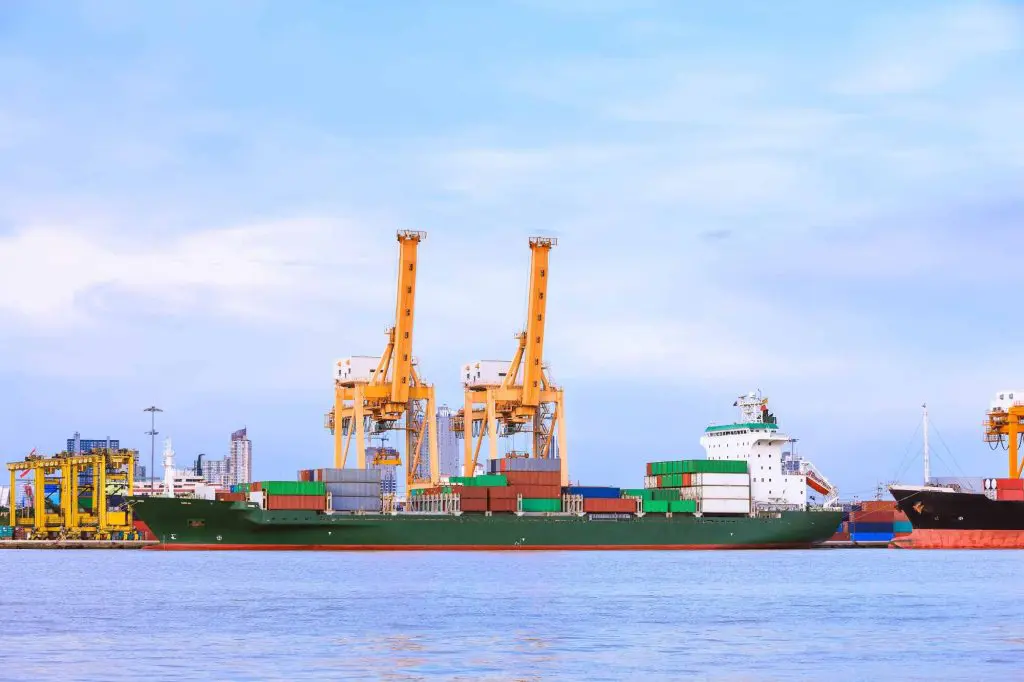In today’s interconnected world, global trade disruptions pose significant challenges for businesses. Factors such as trade wars, political instability, natural disasters, and pandemics can severely impact the smooth flow of goods across borders. Amidst these disruptions, international freight forwarders play a vital role in ensuring the continuity of the global supply chain.
This blog explores how international freight forwarders are successfully adapting to global trade disruptions by implementing strategies such as diversifying transportation routes, embracing digitalization, strengthening risk management, collaborating with partners, implementing agile supply chain strategies, enhancing customer service, and investing in talent and training.
Adapting International Freight Forwarders to Trade Disruptions
Diversifying Transportation Routes: Mitigating Disruptions and Exploring Alternatives
International freight forwarders understand the significance of diversifying transportation routes to mitigate the impact of disruptions. By exploring alternative trade routes and modes of transportation, they can minimize the risks associated with disruptions in specific regions or sectors. This strategic approach provides flexibility and allows them to adapt quickly to changing circumstances. Successful case studies that showcase route diversification strategies demonstrate the resilience of international forwarders in navigating global trade disruptions.
Embracing Digitalization: Enhancing Efficiency and Agility through Technology
Digitalization plays a crucial role in enabling international freight forwarders to adapt to trade disruptions. By embracing automation and leveraging data analytics, forwarders can enhance operational efficiency, streamline processes, and make data-driven decisions. Cloud-based platforms facilitate real-time communication and collaboration, ensuring seamless coordination even during disruptions. The role of digital technologies in the adaptation of international forwarders is essential to maintaining competitiveness and agility in a rapidly changing trade landscape.
Strengthening Risk Management: Preparedness and Contingency Planning
International freight forwarders recognize the importance of robust risk management practices in addressing global trade disruptions. They conduct comprehensive risk assessments to identify vulnerabilities in the supply chain and develop contingency plans accordingly. Effective risk management strategies involve proactive planning, maintaining buffer stocks, establishing alternative sourcing options, and securing additional warehouse capacity. Real-life examples of risk management practices during trade disruptions highlight the adaptability and resilience of international forwarders.
Collaborating with Partners: Building Strong Networks and Successful Alliances
Collaboration is a key component of overcoming trade disruptions. International freight forwarders understand the importance of building strong relationships and effective communication channels with shipping lines, airlines, customs authorities, and other stakeholders. By collaborating closely with partners, they can share information, coordinate efforts, and find alternative solutions during disruptions. Successful case studies exemplify the significance of strong partnerships in navigating global trade disruptions.
Implementing Agile Supply Chain Strategies: Flexibility and Optimization
Implementing agile supply chain strategies is critical for international freight forwarders to navigate global trade disruptions successfully. This involves optimizing warehouse capabilities, adopting just-in-time inventory management, and utilizing dynamic routing algorithms for efficient transportation. By embracing agility, forwarders can respond rapidly to unexpected events and adjust their operations accordingly, ensuring a resilient and efficient supply chain management.
Enhancing Customer Service: Communication and Trust in Challenging Times
During trade disruptions, international freight forwarders prioritize proactive communication with customers. Keeping customers informed about potential delays or disruptions is crucial for maintaining trust and strong relationships. Effective strategies for enhancing customer service during challenging times include providing accurate and timely information, proactive problem-solving, and transparency.
Investing in Talent and Training: Empowering Adaptation and Expertise
International freight forwarders recognize the importance of skilled employees in adapting to disruptions. Investing in talent and providing ongoing training equips their teams with the necessary skills and knowledge to handle complex situations and navigate regulatory changes.
Conclusion: Adapting to Global Trade Disruptions and Embracing the Future
In conclusion, international freight forwarders have proven their ability to adapt and overcome the challenges posed by global trade disruptions. By staying proactive, flexible, and innovative, freight forwarders continue to play a vital role in supporting global trade and maintaining the stability of the global supply chain.
As the world evolves, freight forwarders will remain at the forefront of finding innovative solutions and adapting to future trade disruptions. Through their dedication and adaptability, they ensure the continuous flow of goods across borders, fostering economic growth and resilience on a global scale.

